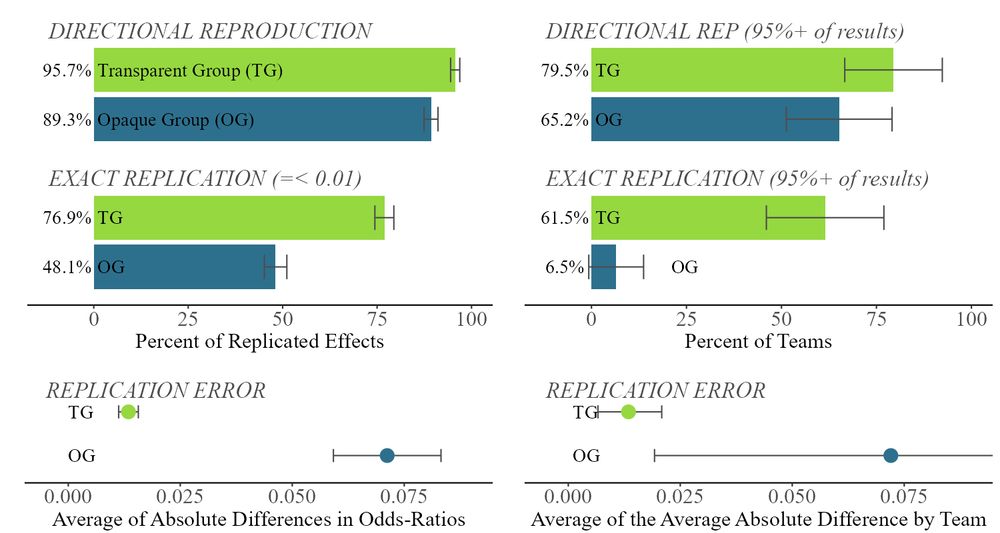Sebastian Jungkunz
@sjungkunz.bsky.social
130 followers
210 following
18 posts
Post-Doc at Uni Bonn and Uni Bamberg. Political Behavior | Populism | Extremism | Quantitative Methods
https://sites.google.com/view/sebastianjungkunz/
Posts
Media
Videos
Starter Packs
Sebastian Jungkunz
@sjungkunz.bsky.social
· Aug 22
Sebastian Jungkunz
@sjungkunz.bsky.social
· Aug 22
Sebastian Jungkunz
@sjungkunz.bsky.social
· Aug 22
Sebastian Jungkunz
@sjungkunz.bsky.social
· Aug 22
Sebastian Jungkunz
@sjungkunz.bsky.social
· Aug 22
Sebastian Jungkunz
@sjungkunz.bsky.social
· Aug 22
Sebastian Jungkunz
@sjungkunz.bsky.social
· Aug 22
Sebastian Jungkunz
@sjungkunz.bsky.social
· Aug 22
Sebastian Jungkunz
@sjungkunz.bsky.social
· Aug 22

Pathways to politics: a sequence analysis of political apathy and involvement
Understanding inequality in political involvement is a core goal of political science. Previous research has examined specific life-course influences, but there is limited knowledge about the diver...
doi.org
Sebastian Jungkunz
@sjungkunz.bsky.social
· Jun 26
Reposted by Sebastian Jungkunz
Political Studies
@polstudies.bsky.social
· Jun 16
Reposted by Sebastian Jungkunz
Reposted by Sebastian Jungkunz
Sebastian Jungkunz
@sjungkunz.bsky.social
· Feb 24
Sebastian Jungkunz
@sjungkunz.bsky.social
· Feb 24
Sebastian Jungkunz
@sjungkunz.bsky.social
· Feb 24
Sebastian Jungkunz
@sjungkunz.bsky.social
· Feb 24
Sebastian Jungkunz
@sjungkunz.bsky.social
· Feb 24
Parental income moderates the influence of genetic dispositions on political interest in adolescents | Politics and the Life Sciences | Cambridge Core
Parental income moderates the influence of genetic dispositions on political interest in adolescents
doi.org
Reposted by Sebastian Jungkunz
Reposted by Sebastian Jungkunz
Reposted by Sebastian Jungkunz





